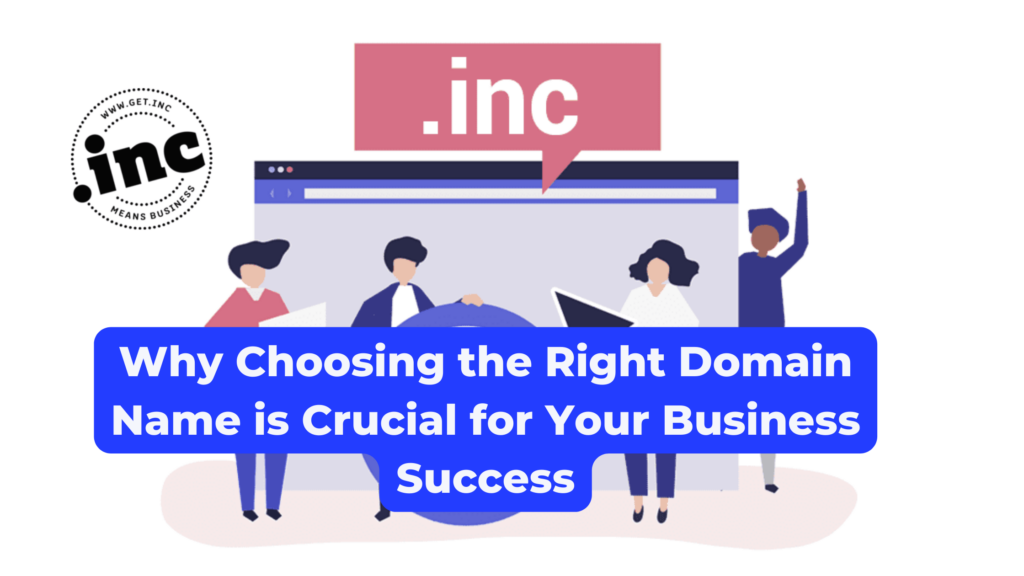Introduction
Establishing a company in the USA as a non-resident can be a rewarding strategic step for entrepreneurs seeking to tap into one of the world’s largest markets. Whether you’re an e-commerce business owner looking to expand operations or a startup founder aiming to gain a foothold in the US, the process of forming a company can seem daunting. However, with the right guidance, non-US residents can smoothly navigate this process and position themselves for business success. Here’s a comprehensive step-by-step guide on how to form a company in the USA as a non-resident.
Decide on the Business Structure
The first step in company formation is deciding on the type of business structure that best fits your enterprise goals and operational needs. The most common types are:
- Limited Liability Company (LLC): Known for its flexibility, an LLC offers personal liability protection and pass-through taxation.
- Corporation (C-Corp or S-Corp): Offers strong legal protection for personal assets and is often favored by businesses looking to raise capital.
- Sole Proprietorship: The simplest structure, typically suited for individual operators.
For non-US residents, an LLC is often the preferred choice due to its simplicity and tax advantages.
Choose the State of Incorporation
Each state in the US has unique laws governing company formation and operation, with Delaware and Wyoming being particularly popular due to their business-friendly environments. Consider aspects like taxation, privacy, and annual fees when selecting your state.
Delaware: Renowned for its sophisticated and efficient court system, beneficial corporate laws, and no sales tax.
Wyoming: Offers low fees, no state corporate income tax, and strong privacy protections.
Select a Unique Business Name
Choosing a unique business name is a critical step in establishing your brand identity and ensuring that your company stands out in the market. Your business name must not only be distinctive but also comply with the naming regulations imposed by the state where you plan to incorporate. This means that your chosen name should not be identical or confusingly similar to any existing business names registered in that state. To get started, conduct a thorough name search through the state’s business registry to verify the availability of your desired business name. Taking this step ensures that you won’t face legal issues or the need to rebrand later due to name conflicts. Consider utilizing a professional service provider like Clemta, which can assist you in the name selection process, ensuring that your company’s name aligns with state regulations and enhances your brand identity. They can provide expert insights and streamline the process, making it easier for you to focus on other aspects of your business.
Appoint a Registered Agent
Appointing a registered agent is an essential requirement for legally incorporating your business. A registered agent acts as the official point of contact for your company, receiving important legal documents such as service of process, government correspondence, and compliance-related notifications. This individual or entity must have a physical street address in the state of incorporation and be available during normal business hours to ensure timely receipt and handling of documents. Having a reliable registered agent is crucial for maintaining good legal standing and ensuring that your business stays compliant with state requirements. Many incorporation services, including Clemta, offer registered agent services to simplify this necessity. By opting for a professional service, you can rest assured that your business will meet legal obligations efficiently while you concentrate on growing and managing your company.
File the Necessary Formation Documents
When forming a business in the United States, it’s essential to file the appropriate formation documents with the state government. For a Limited Liability Company (LLC), you’ll need to complete and submit the Articles of Organization. This document lays out the basic information about your LLC, such as its name, address, and the names of the members or owners. On the other hand, if you’re establishing a corporation, you’ll need to file the Articles of Incorporation. This document serves a similar purpose but is specifically tailored for corporations, detailing information about the corporate structure, the type of shares to be issued, and the directors involved. These formation documents can often be submitted online or via mail through the state’s Secretary of State office. Be prepared to pay a filing fee, which varies by state and may range from a modest amount to several hundred dollars. This filing marks the official creation of your business entity within the state, enabling you to legally conduct business.
Obtain an Employer Identification Number (EIN)
An Employer Identification Number (EIN) is a crucial step in setting up your business, serving as a Federal Tax Identification Number. This number is issued by the Internal Revenue Service (IRS) and is necessary for several reasons, including filing tax returns, opening a US business bank account, and hiring employees. An EIN acts like a Social Security Number for your business, ensuring all financial and tax-related activities are tracked accurately. Non-US residents can apply for an EIN through the IRS website, where the process is straightforward and free of charge. However, the application can sometimes be complex, especially for international applicants. Therefore, consulting with a company like Clemta can offer guidance and assistance, ensuring you successfully obtain this essential number without unnecessary hassle.
Open a US Business Bank Account
Once your business formation and EIN are in place, opening a US bank account should be your next priority. This financial setup is critical for separating personal and business finances, which can simplify accounting processes and enhance financial transparency. Additionally, having a US bank account can build trust with US vendors, clients, and investors, as it demonstrates a commitment to doing business in the country. While the process may require a physical visit, depending on the bank’s policies, many financial institutions are increasingly offering streamlined processes for international entrepreneurs. Some banks may even provide online account openings, although documentation verification and compliance checks remain stringent to ensure security and legal adherence.
Understand and Comply with US Tax Obligations
Navigating US tax obligations can seem daunting, but it is a vital aspect of running a compliant business. Understanding the basics of federal, state, and local tax laws is essential to avoid potential pitfalls and penalties. It is highly recommended to consult with a US tax professional who can provide guidance tailored to your business type and operations. They can help you familiarize yourself with key tax forms, filing schedules, and deductions you might be eligible for. Being proactive in your tax compliance not only prevents future issues but also optimizes your business’s financial health by potentially reducing tax liabilities legally.
Stay Informed and Compliant with Annual Requirements
Once your company is established, maintaining compliance with annual requirements is crucial for its continued operation. Most states require businesses to file annual reports and pay franchise taxes. These annual obligations vary from state to state in terms of deadlines, fees, and the information required, so staying informed about your specific duties is critical to avoid penalties or even the risk of dissolution. Setting reminders for filing deadlines and keeping accurate records can help manage these responsibilities smoothly. Utilizing the services of a legal or compliance expert can further ensure your business remains in good standing according to state laws.
Protect Your Intellectual Property
Protecting your intellectual property is a proactive measure that can significantly benefit your business in the long run. Whether it’s your company’s brand name, logo, unique product, or service offering, registering trademarks, copyrights, or patents can legally safeguard your business from potential infringement. This protection not only prevents unauthorized use of your intellectual assets but also solidifies your market position, adding value to your brand. Conduct thorough research to understand the application processes, costs, and timelines associated with each type of protection. Consulting with an intellectual property attorney can be advantageous to navigate this complex area and to ensure you have a robust protection strategy tailored to your business needs.
Conclusion
Forming a company in the USA as a non-resident opens doors to a plethora of opportunities. By following these steps and utilizing a reliable service provider Clemta, non-US entrepreneurs can confidently establish a legal entity, ensuring a smooth entry into the US market. As you embark on this exciting venture, remember that proper planning and compliance are key to a thriving business operation.







